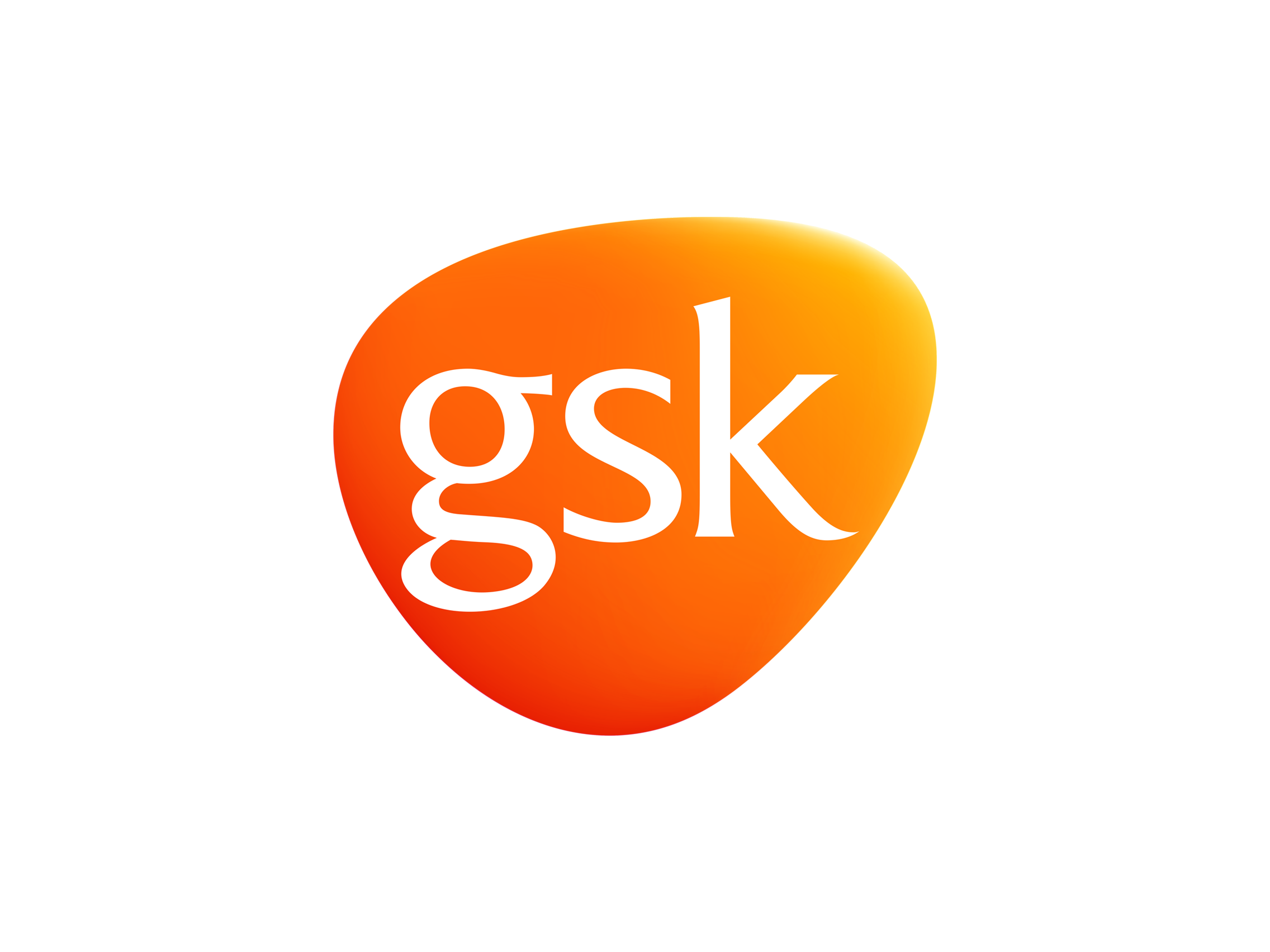GSK – Appropriate Use Initiatives


Health needs
Antibiotics should only be used in patients who need them. Ensuring antibiotics are used appropriately is a key component of antimicrobial stewardship and GSK believes that industry should support continued education for patients, healthcare professionals and other stakeholders on appropriate use.
Initiative’s objective
GSK is committed to promote patient-centred antimicrobial stewardship to slow the emergence of resistance, prolong the activity of antimicrobials and improve patient outcomes and the health of populations. Our initiatives aim to increase awareness and information on appropriate and inappropriate use of antibiotics. For healthcare professionals, we encourage responsible antibiotic prescribing and inform them on emerging resistance trends and relevant guidelines through our interactions with them and the materials we provide to them. We also provide materials on appropriate use of antibiotics to patients
Initiative’s description
GSK’s initiatives to support appropriate use include:
- Broad awareness campaigns (such as ‘ACT Against AMR’, launched in 2017) targeted at healthcare professionals, patients and payers across the globe to raise awareness of AMR as a global health issue and the responsibilities each stakeholder has, and the action they could take, to reduce the burden of AMR.
- Informing and supporting healthcare professionals to prescribe appropriately through disseminating patient-focussed materials (for our antibiotics and more generally) that mention resistance trends, efficacy and safety information and, principles for appropriate use of antibiotics.
- Training healthcare professionals and public health officials on emerging resistance trends and how this data can be used to inform guidelines and ensure appropriate prescribing. This has been through initiatives such as our Surveillance of Antibiotic Resistance (SOAR) programme.
Impact
- Global Inspiration Meetings and Surveillance of Antibiotic Resistance (SOAR) webcasts:
- In 2016, over 20,000 healthcare professionals from more than 70 countries participated in these meetings (through both web-to-face and web-to-web formats).
- The number of HCPs from the Emerging Markets and Asia Pacific and Europe who attended these meetings in 2016 doubled compared to attendance in 2015, and we have continued to see increased numbers in 2017. Attendance at the most recent Asia Pacific Inspiration meeting (held in July 2017) was 21% higher than the same meeting in 2016 and 98% of attending HCPs rated the content ‘Excellent’ to ‘Very Good’. Similarly, at the Africa Developing Countries Inspiration meeting in May 2017, over 7,000 HCPs attended from 15 countries in Africa with more than 87% rating the overall meeting as ‘Excellent’
- Asia Regional Continuing Medical Education series: Between August 2016 and August 2017, we conducted a series of Continuing Medical Education (CME) meetings on AMR across the Asia Pacific region, led by GSK Area Medical Experts. Approximately 4 000 healthcare professionals participated in the series of speaker events.
- As part of the CME series, we also conduct ‘The AMR Watch’, a webcast hosted by our team in Philippines specifically for healthcare professionals across the country. In 2016, this GSK initiative received an ‘AMR warrior’ award as part of the Philippines Department of Health Antibiotic Awareness Week: our video submission on the Philippines Antibiotic Awareness Week 2016 Facebook page was voted in 2nd place in the industry setting and GSK Philippines received a plaque of recognition.
- Challenges in Antibiotic Resistance Era (CARE) programme for Gulf Cooperation Council – In 2016, GSK conducted over 16 meetings under the ongoing CARE programme, with over 2,400 healthcare professionals. These meetings were conducted without any GSK product branding and by independent speakers who presented content developed independently from GSK.
- GSK also conducted a series of 103 standalone promotional meetings in 2017 in India, attended by 3000 healthcare professionals, on the topic of appropriate prescribing in the era of rising antimicrobial resistance.
Lessons for success
- Our focus on education rather than on promotion has been well-received by healthcare professionals and has supported our efforts to ensure appropriate use of antibiotics.
- AMR awareness campaigns tailored to specific geographies and audiences have proven effective in highlighting AMR as a public health issue and the responsibilities each stakeholder has.
